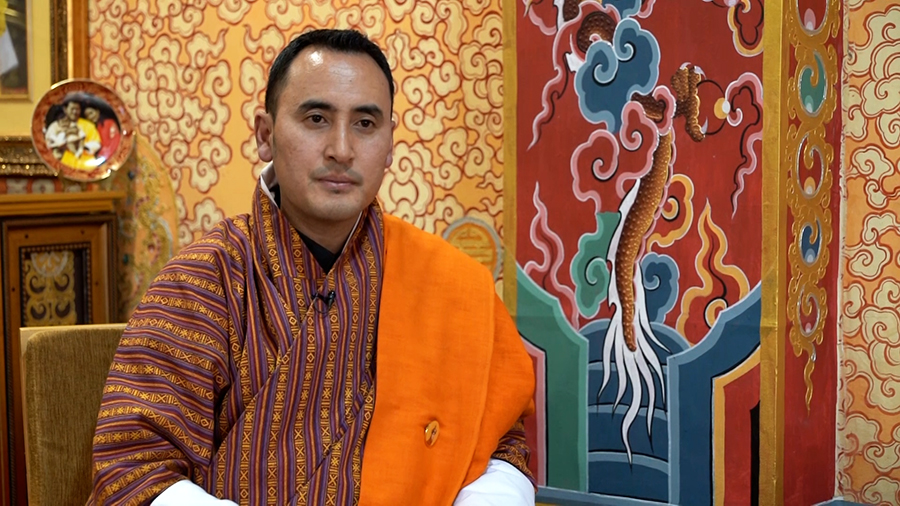 The government’s Nu 1bn Education and Training Loan Scheme will launch this July. It is part of the government’s pledge made during the election campaign. According to the Industry, Commerce and Employment Minister, students whose parents earn less than Nu 500,000 a year are eligible to apply. Depending on their college admission, they can choose to study either in the country or in India. The scheme is expected to support more than 500 students annually.
The government’s Nu 1bn Education and Training Loan Scheme will launch this July. It is part of the government’s pledge made during the election campaign. According to the Industry, Commerce and Employment Minister, students whose parents earn less than Nu 500,000 a year are eligible to apply. Depending on their college admission, they can choose to study either in the country or in India. The scheme is expected to support more than 500 students annually.
Students can take up to Nu 1 M as a loan from the financial institutions at a four per cent interest without a mortgage. To be eligible, applicants must be 25 years old or below.
According to the minister, students who secure admission on a merit basis are eligible for the programme. Unlike the initial pledge, the scheme is open to all students and not limited to just one youth per household.
The government had initially pledged to support one youth from households where no member has studied or worked abroad in countries like Australia, the Middle East, or Canada, by offering concessionary education loans.
However, the minister said that the government has decided to send students to India instead of other countries. The main objective, according to the minister, is to help students focus on their education rather than earning at a young age.
“The whole objective is to support education and training of our youth for degree programmes and technical training. If we again go strictly by the pledge, we can verify the data and then manage to send it off. It’s a tick on our pledge. But no, that’s not. It shouldn’t be, if we do, if we invest our resources, it shouldn’t be one time off. It should be sustainable, and there should be a long-term vision and objective to it,” said Namgyal Dorji, Industry, Commerce and Employment Minister.
The minister added that the Bhutan Development Bank is likely to manage the loan scheme, depending on how the Economic Stimulus Programme rolls out. However, other banks are also welcome to participate.
“Assuming that one particular bank handles that loan scheme, that bank, whoever is handling the loan scheme, will, after the loan gets approved, handle the cash in such a manner that it’s sustainable. The tuition fees for the courses will be directly deposited by the bank into the colleges and institutions. So, if at all, there is money to be deposited given directly to the student, it will be a stipend, and then that amount will also be determined.”
According to the minister, this is not a one-time initiative. If the scheme proves successful, the government may add more funds in the future.
The revised programme, now focused on Bhutan and India, aims to go beyond just fulfilling a pledge. It is designed to provide meaningful and merit-based educational opportunities that support national priorities and help create a sustainable system that empowers Bhutanese youth for the future.
Sonam Yuden
Edited by Sonam Pem









